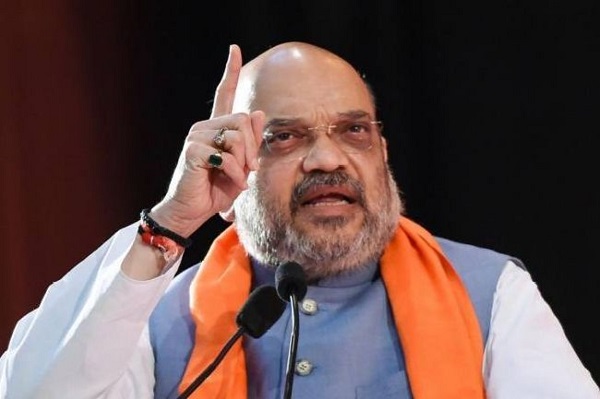
Team News Riveting
New Delhi, August 11
In a pathbreaking development, the Central government on Friday introduced three bills to overhaul the criminal laws in the country by replacing the Indian Penal Code (IPC) of 1860, Code of Criminal Procedure (CrPC) of 1973 and the Indian Evidence Act of 1872.
Union Home Minister Amit Shah tabled the bills in the Lok Sabha that will replace the IPC, which was framed by the British in the year 1860, by the Bharatiya Nyaya Sanhita, 2023. The IPC has been the core of the criminal justice system of the country for more than 160 years.
The CrPC of 1973 will be replaced by the Bharatiya Nagarik Suraksha Sanhita, 2023 while the Indian Evidence Act of 1872 will be replaced by the Bharatiya Sakshya Bill, 2023.
The IPC had 511 Sections. It now proposed to have 356 Sections. 175 Sections have been changed and 8 Sections have been added. The Bharatiya Nagarik Suraksha Sanhita, 2023, will consolidate and amend the law relating to Criminal Procedure (Cr.PC). The Cr.PC will now have 533 Sections. 162 Sections have been changed, while nine new Sections have been added.
The Bharatiya Sakshya Bill, 2023, will consolidate the Evidence Act Evidence Act 170 Section 167 earlier and 23 changed and 1 added and 5 deleted.
Before sending the bills for wider consultation to the Parliamentary Standing Committee of the Home Ministry, Shah gave an overview of the bills saying the law on sedition is proposed to be removed totally. “This was used by the British to supress people. This is a free country and, in a democracy, people have freedom of speech,” he said.
Mob-lynching is proposed to be made punishable by up to life imprisonment and even death penalty. The three laws were made by the British to establish their rule; the laws were designed to punish and not to deliver justice, the Union Home Minister said.
The bills have undergone wide consultation in the past four years. As many as 18 states, six UTs, the Supreme Court, 16 high courts, five legal academies, five universities, 142 MPs and 270 MLAs responded to give suggestions. “I have personally attended 158 meetings on the matter,” Shah said.
He said the bills proposed to provide that the police would present the chargesheet within 90 days. The courts can give another 90 days of time. The police will be mandated to submit chargesheet within a maximum of 180 days and send case to trial.
The court will have to give decision on a case within 30 days of ending arguments and within seven days the decision has to be put online.



